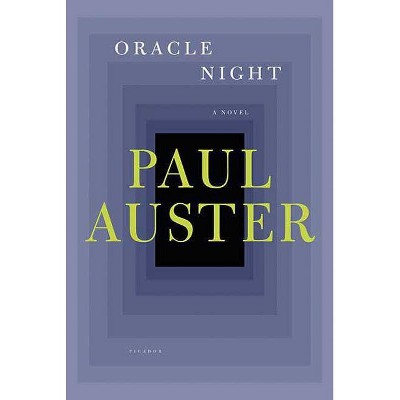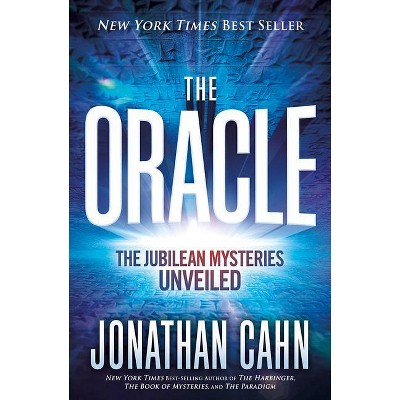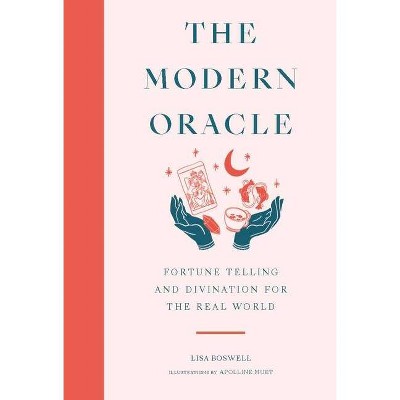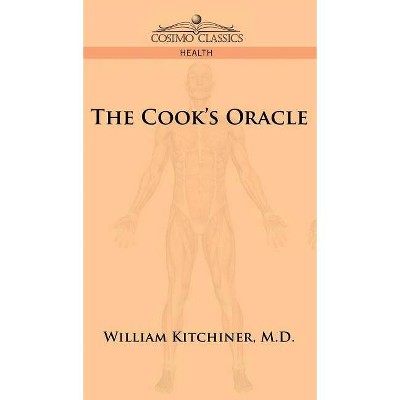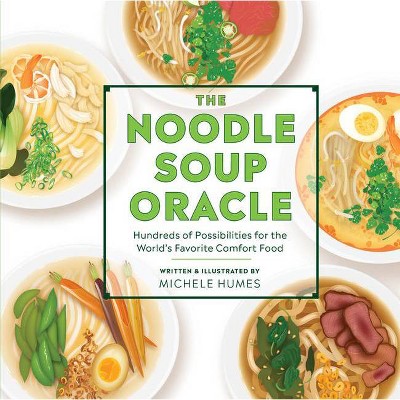The Oracle of Night - by Sidarta Ribeiro (Hardcover)
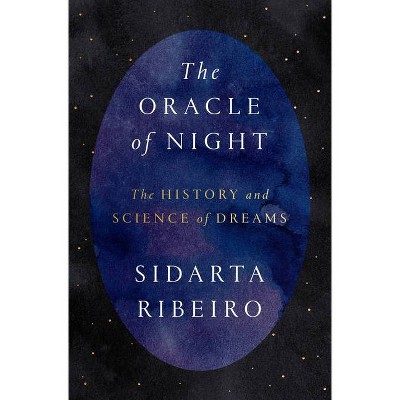
Similar Products
Products of same category from the store
AllProduct info
<p/><br></br><p><b> About the Book </b></p></br></br>"What is a dream? Why do we dream? How do our bodies and minds use dreams? These questions are the starting point for this unprecedented, astonishing study of the role and significance of dreams, from the beginning of human history. It is an investigation on the grand scale, encompassing literature, anthropology, religion, and science, one that articulates the essential place dreams occupy in human culture, and how they functioned as the catalyst that compelled us to transform our earthly habitat into a human world. From the earliest cave paintings--where the author finds a key to humankind's first dreams and how they contributed to our capacity to perceive past and future, and to conceive the existence of "souls" and "spirits"--to cutting-edge scientific research, Ribeiro arrives at startling and revolutionary conclusions about the role of dreams in human existence and evolution. He explores the advances that contemporary neuroscience, biochemistry and psychology have made into the connections between sleep, dreams, and learning. He explains what dreams have taught us about the neural basis of memory and the transformation of memory in recall. And he makes clear that the earliest insight into dreams as oracular has been confirmed by contemporary research. Accessible, authoritative, and fascinating from first to last, The Oracle of Night gives us a wholly new way to understand this most basic of human experiences"--<p/><br></br><p><b> Book Synopsis </b></p></br></br><b>A groundbreaking history of the human mind told through our experience of dreams--from the earliest accounts to current scientific findings--and their essential role in the formation of who we are and the world we have made.</b> <p/> What is a dream? Why do we dream? How do our bodies and minds use them? These questions are the starting point for this unprecedented study of the role and significance of this phenomenon. An investigation on a grand scale, it encompasses literature, anthropology, religion, and science, articulating the essential place dreams occupy in human culture and how they functioned as the catalyst that compelled us to transform our earthly habitat into a human world. <p/> From the earliest cave paintings--where Sidarta Ribeiro locates a key to humankind's first dreams and how they contributed to our capacity to perceive past and future and our ability to conceive of the existence of souls and spirits--to today's cutting-edge scientific research, Ribeiro arrives at revolutionary conclusions about the role of dreams in human existence and evolution. He explores the advances that contemporary neuroscience, biochemistry, and psychology have made into the connections between sleep, dreams, and learning. He explains what dreams have taught us about the neural basis of memory and the transformation of memory in recall. And he makes clear that the earliest insight into dreams as oracular has been elucidated by contemporary research. <p/> Accessible, authoritative, and fascinating, <i>The Oracle of Night </i>gives us a wholly new way to understand this most basic of human experiences.<p/><br></br><p><b> Review Quotes </b></p></br></br><br>"A sweeping account as tangled and chaotic--and fascinating--as the dreams themselves . . . It reinfuses the dreamscape with beauty, mystery and significance . . . <i>The Oracle of Night</i> takes a breakneck journey through history, from cave paintings and the ancient Greeks to Celtic myths, Egyptian pharaohs, Gilgamesh and Julius Caesar. The text, translated from the Portuguese by Daniel Hahn, moves fluidly from systemic historiography to guesswork and lighthearted extrapolation . . . The result is a curiously hybridized book, at times playful, at times intensely scientific . . . Poetic and visceral."<br><i><b>--The Wall Street Journal</b></i> <p/>"<i>The Oracle of Night</i> makes a resounding case for the mystery, beauty and cognitive importance of dreams . . . This book is the culmination of decades of thought and collaborative work. It's also the expression of remarkable, if sometimes all-over-the-map, scholarship, drawing on history, literature, biology, anthropology, neuroscience, sociology and psychology, among other disciplines . . . [Ribeiro's] lyrical account is aided by Daniel Hahn's beautiful translation from the Portuguese . . . You can't help being awed and enchanted by the wonder with which Ribeiro approaches his subject, by the depth of his knowledge and passion."<br> <b><i>--The New York Times</i></b> <p/> "[Ribeiro] explores hypotheses about the evolutionary value of sleep to humans, presenting a fascinating analysis of the debate about the relationship between sleep and cognitive ability . . . concluding, among other things, that nap rooms would be a valuable addition to school environments."<br> <i><b><b>--</b>Publishers Weekly</b></i> <p/> "A comprehensive consideration of the sleeping mind . . . [Ribeiro] offers a capacious examination of the phenomenon of dreaming. The author draws on biology, chemistry, neurophysiology, anthropology, mythology, history, literature, biography, and art--along with myriad examples of dream narratives--to create a rich history of the human mind . . . A stimulating and informative overview."<br> <i><b><b>--</b>Kirkus Reviews</b></i> <p/> "A groundbreaking history of the human mind told through our experience of dreams--from the earliest accounts to current scientific findings--and the essential role of dreams in the formation of who we are and the world we have made."<br> <i><b><b>--</b>Next Big Idea Club</b></i><br><p/><br></br><p><b> About the Author </b></p></br></br><b>SIDARTA RIBEIRO</b> is a founder and vice director of the Brain Institute at Universidade Federal do Rio Grande do Norte in Brazil, where he is also a professor of neuroscience. He received a PhD in animal behavior from The Rockefeller University.
Price History
Price Archive shows prices from various stores, lets you see history and find the cheapest. There is no actual sale on the website. For all support, inquiry and suggestion messages communication@pricearchive.us

